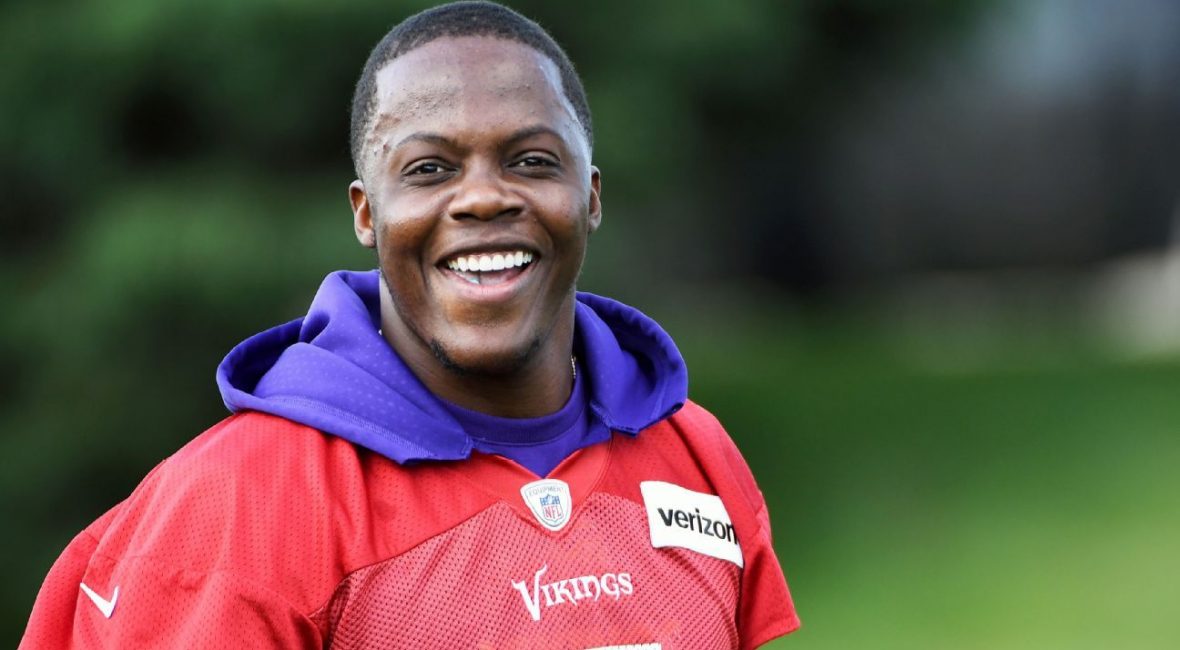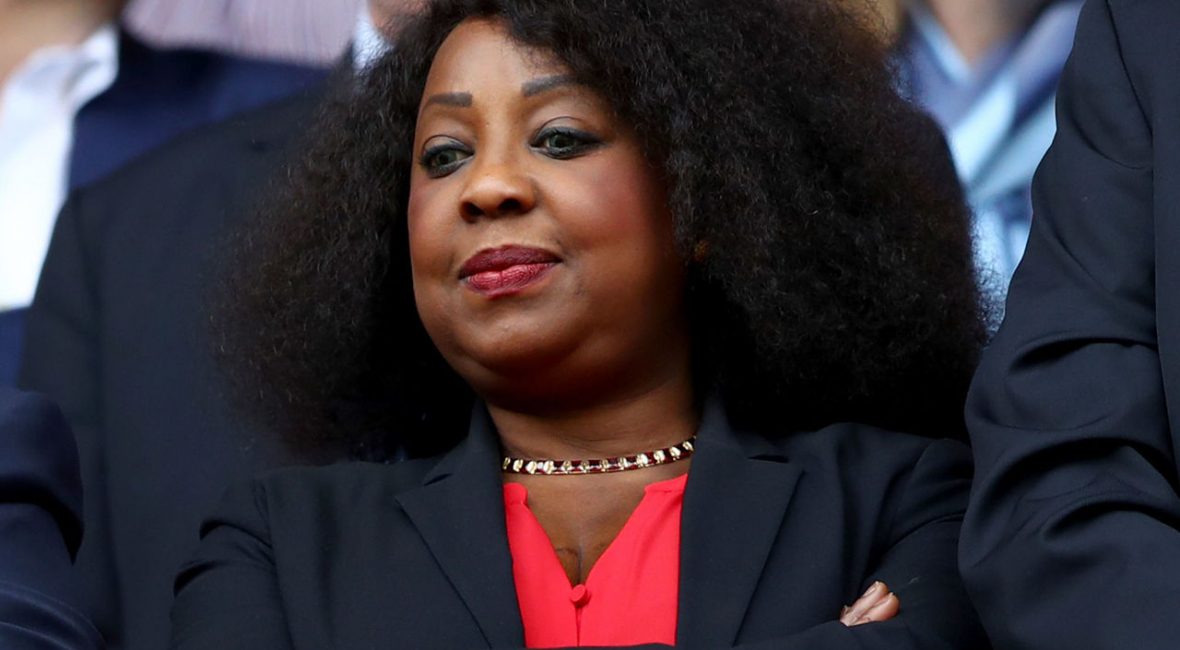EDEN PRAIRIE, Minn. – Teddy Bridgewater is determined to leave any trepidation on the sideline whenever his first in-game snap comes after more than a year away from the game.
The Vikings quarterback said he never doubted that he would one day be able to resume his career where he left off after dislocating his left knee and tearing multiple ligaments at the end of the 2016 preseason. After 14 months of intense physical rehabilitation and training for his return, the mental hurdles of being back in a game where he’s susceptible to injury aren’t an issue for the quarterback.
“I honestly think I’m over them,” Bridgewater said. “I think I’m a mentally strong guy and the guys in this locker room helped reassure that.”
As part of his journey forward, Bridgewater has taken the time to reflect upon the struggles he faced in his recovery. He does so by pointing to times where he needed assistance to do everyday tasks like put his pants on or walk by himself. While some deeper self-actualization will eventually come once he’s progressed further, the quarterback hasn’t let seeing the spot on the field where he went down in practice take away from his focus.
“Once I get out there, in between those lines, I have no regrets, no doubt, I’m just out there living my dream, continuing to live my dream,” he said. “I pay no attention to the spot. I pay no attention to the play-action I did that day. Just give it my all. If it’s part of God’s plan, I’m all for it.”
This Sunday, Bridgewater will serve as a backup to Case Keenum against Washington. The last time Bridgewater entered a game as a non-starter came during his rookie season in 2014. Though the discussion of Bridgewater regaining his role as the starter will ramp up in coming weeks, the quarterback says he’s not focused on the switch right now.
“Case is starting this week,” he said. “The guys are going to be behind him. I’m going to be behind him, going to continue to be those second pair of eyes for him on the sideline and continue to motivate him and cheer guys on.”
But if Bridgewater does have to step in for Keenum at FedEx Field, the quarterback is confident in his ability to perform and evade a pass rush.
“I have a ton of confidence,” he said. “Throughout this entire process we did drills and simulated different movements that would prepare me for game-like situations. It’s not the actual game but had some great work throughout this entire process.”
When Bridgewater wasn’t practicing, utilizing virtual reality helped him keep up with what Keenum, Sam Bradford and Kyle Sloter were doing in practice.
“Stealing reps” he called it, another way the quarterback was able to grasp the concepts of Pat Shurmur’s offense without having played a game in it.
Bridgewater was a constant presence in the locker room and position meetings even when he was on injured reserve and the PUP list . Electing to do his rehabilitation in Minnesota was an easy choice because it allowed him to be around his teammates and maintain his leadership role in the locker room when he wasn’t able to on the practice field and in games.
“It’s always hard when the guys are going to work and you have to go in the opposite direction,” he said. “It’s like when all the kids are going to P.E. and you have to go to detention or something like that.
“It’s hard being a competitor and knowing how much these guys mean to me that I couldn’t be out there with those guys. I kind of didn’t like the fact that I couldn’t be out there but I couldn’t do anything about it but put my head down and continue to work so eventually that day would come that I was out there with those guys.”




